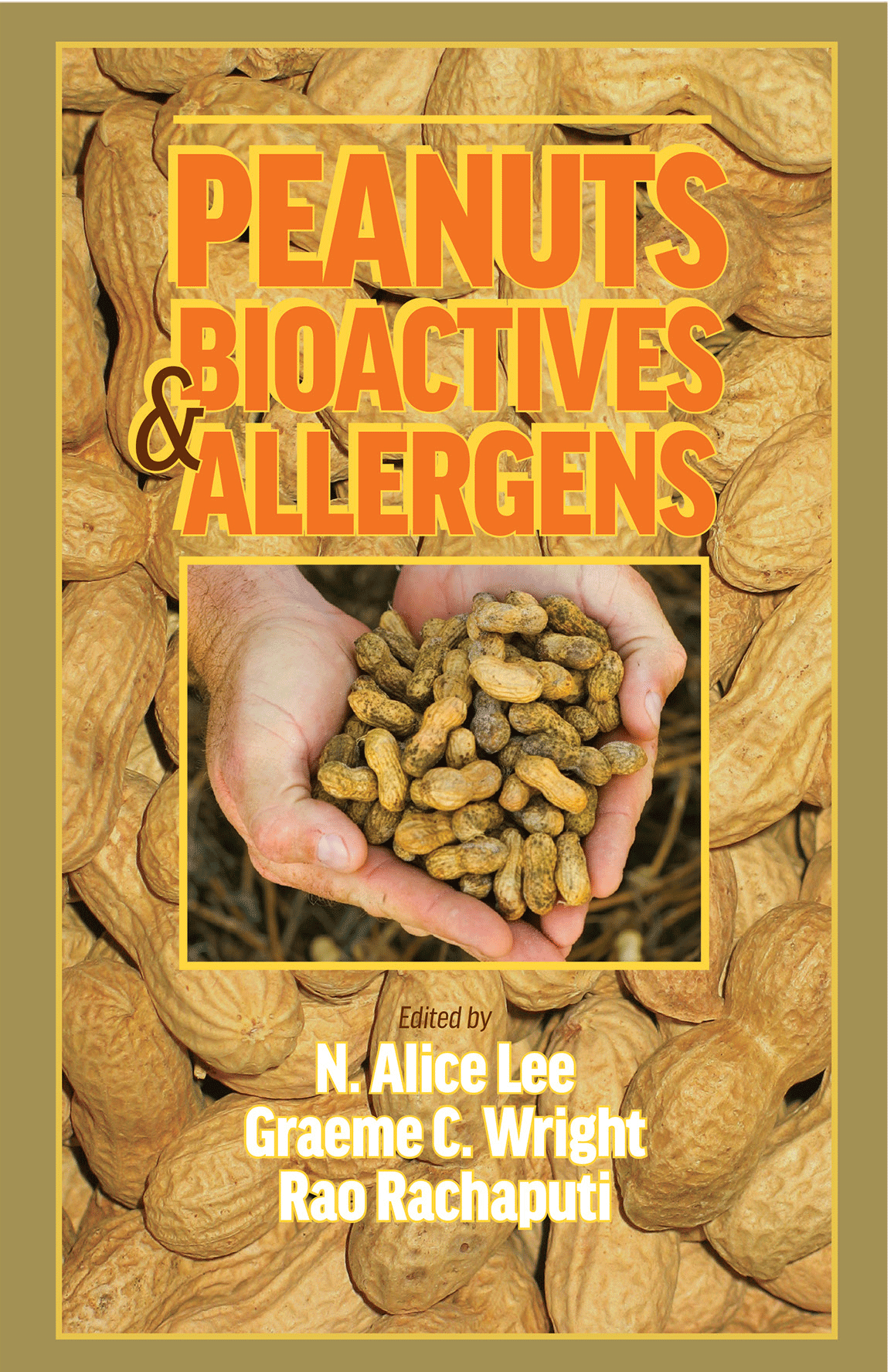New research shows that an enzymatic treatment process may effectively reduce allergens in roasted peanuts by up to 100%. A study investigated the use of such treatments to cut allergen levels in peanut kernels using two primary peanut allergens as indicators of effectiveness.
Researchers have found that treating roasted peanut kernels with alpha-chymotrypsin or trypsin enzymes for one to three hours significantly increases the solubility of peanut protein, as well as reduces Ara h 1 and Ara h 2 in kernel extracts by 100% and 98%, respectively. The study, published inFood Chemistry, investigated the use of enzymatic treatments to reduce the levels of allergens in peanut kernels, using two major peanut allergens (Ara h 1 and Ara h 2) as indicators of effectiveness.
The researchers noted that the blanching of kernels enhanced the effectiveness of enzyme treatment in roasted peanuts.
Trypsin treatment of roasted peanuts also significantly reduced Ara h 1 and Ara h 2 while increasing the soluble proteins in both blanched and non-blanched soluble extracts, they added.
Consumption of peanuts or peanut-containing food products can cause severe and even fatal allergenic reactions.
“Results from this study indicate the potential for producing peanuts with reduced allergenicity using post-harvest processing approaches such as food-grade enzymatic treatment,” said the authors, led by senior author Soheila Maleki from the Agricultural Research Service at the United States Department of Agriculture (USDA), Washington, D.C..
Source: foodnavigator-usa.com
Study: Enzyme Treatment May Remove Peanut Allergens
Looking for a reprint of this article?
From high-res PDFs to custom plaques, order your copy today!







